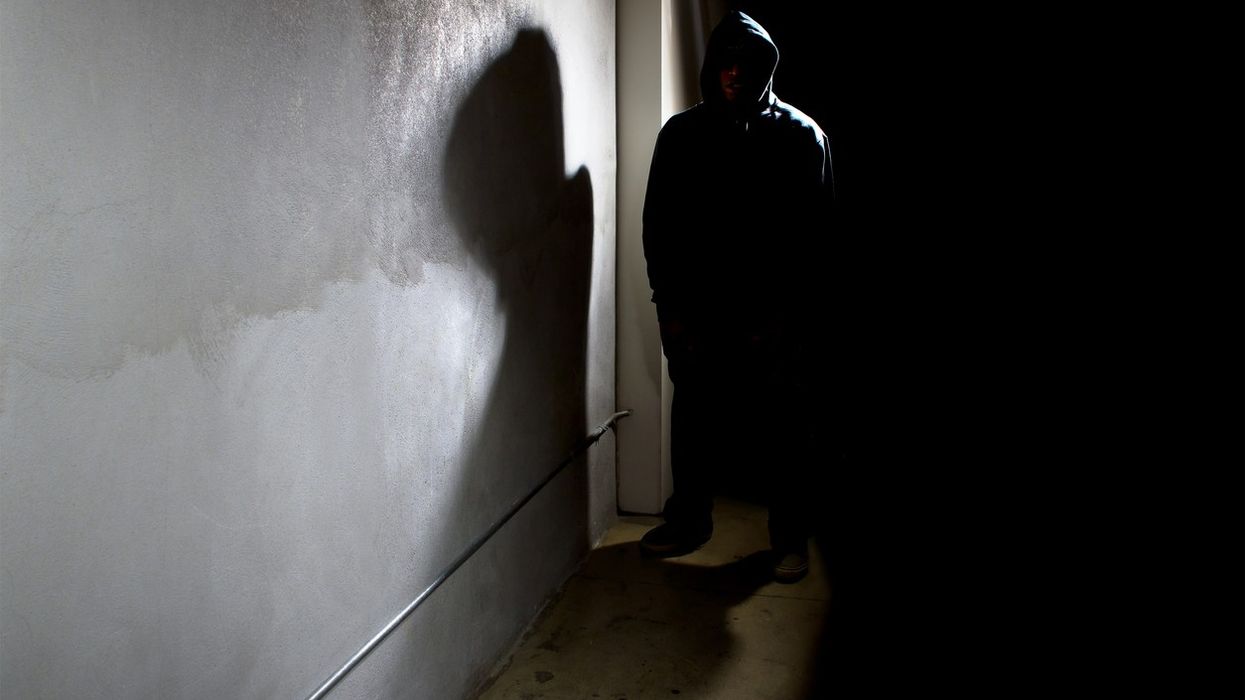WHEN someone says, “I have a stalker” it is often dismissed as a joke and the reply is usually, “you are so amazing that they are obsessed with you”. Only those who have experienced stalking realise how dangerous it is and the damaging long-term effects it has.
A stalker either can’t get attention from someone, will be envious in some way or will form some sort of unhealthy obsession. This will escalate into harassment, intimidation, a desire to harm the person and sometimes even murderous intent. They will try finding out everything possible about their target via social media, internet and anyone closely connected to that person.
Whenever possible, the unwanted stalker will try inserting themselves into the life of their intended target in some way. That need to find out as much as possible will usually become a dangerous obsession. When the stalker realises they can’t get attention from that person they are fixated with or ‘own them’ in some way, they will want to cause damage to them. Almost like, if they can’t have that possession then it should be destroyed so no one else can have it.
They will try to justify their actions in their own head as if they are doing something for a greater good and use that as an excuse to carry on walking down a decidedly dark path.
The darker that path becomes, the more disconnected they become from reality and that is when they start making up things about their intended target that are false. These fake fantasies will escalate to ridiculous proportions and further fuel their unhealthy behaviour. They will try weaponising these untruths and try damaging that person with false information, which adds to the harassment, surveillance, and intimidation.
They will hide behind fake identities and carry on finding different ways to mentally assault someone who wants nothing to do with them.
Stalkers can be rejected or resentful individuals, incompetent suitors, predatory persons or those who lack empathy. The damage they do changes their victims forever. A victim will start second guessing themselves, trust fewer people, become isolated, constantly wander if they are in danger and keep thinking what that predatory individual will do next.
In some extreme cases that person being targeted will be physically harmed or even murdered. The victim will get nightmares and live in fear. These feelings will continue even after law authorities have dealt with the individual.
I was a victim of two separate stalkers, one male and one female. Both of them were warned off by police two years ago and have been quiet since. Going to law enforcement was the best thing I did, but deep down the harrowing incidents have caused long-term damage and hopefully one day the nightmare will be fully over.
If you are a victim of stalking, remember you are not alone and not to blame for what is happening. Don’t suffer in silence and make use of help available, including law enforcement. If you know a victim of stalking be more sympathetic and help them get through the nightmare, which will seem endless for them.
If you have been affected by stalking and need help visit www.thesurvivorstrust.org & www.suzylamplugh.org




